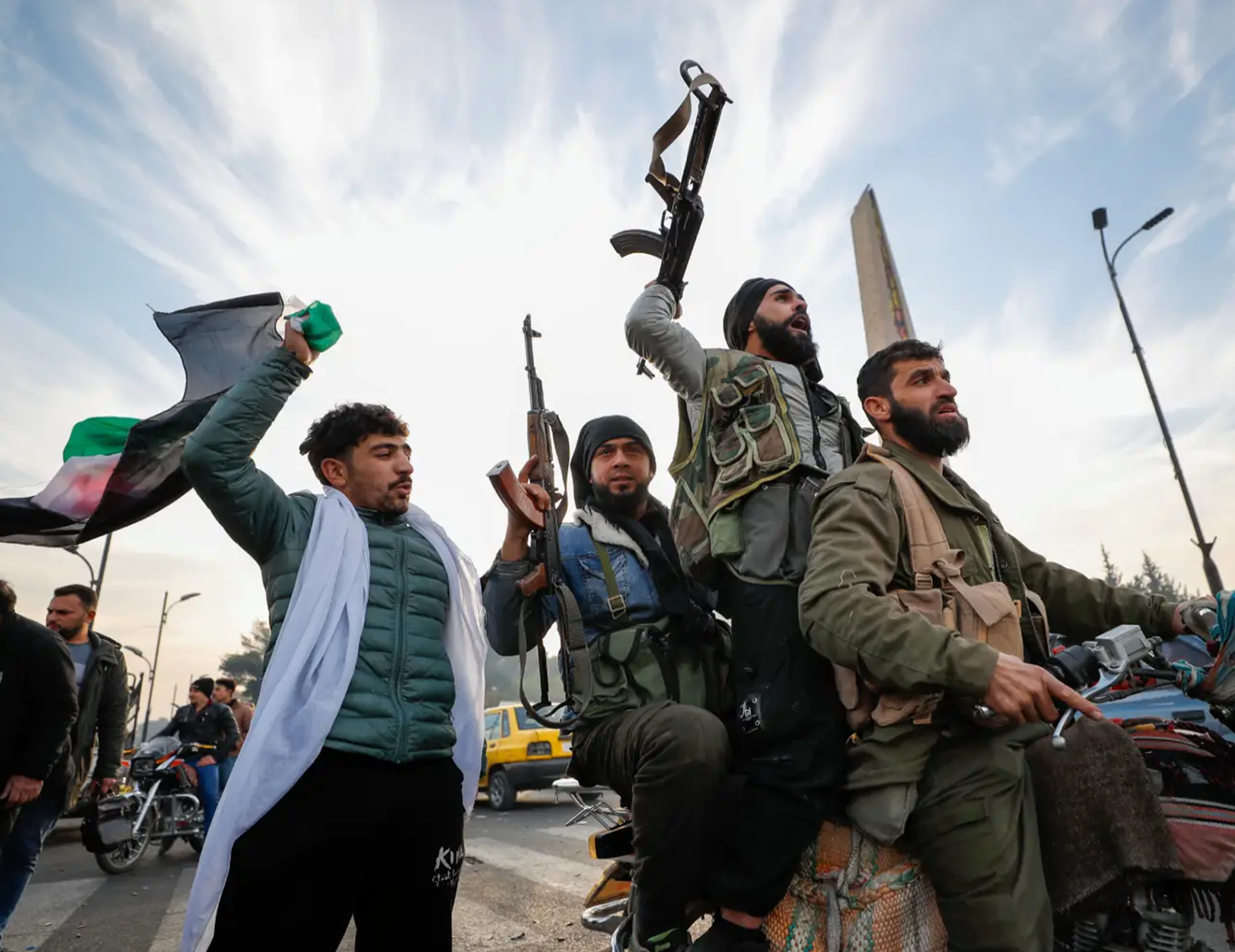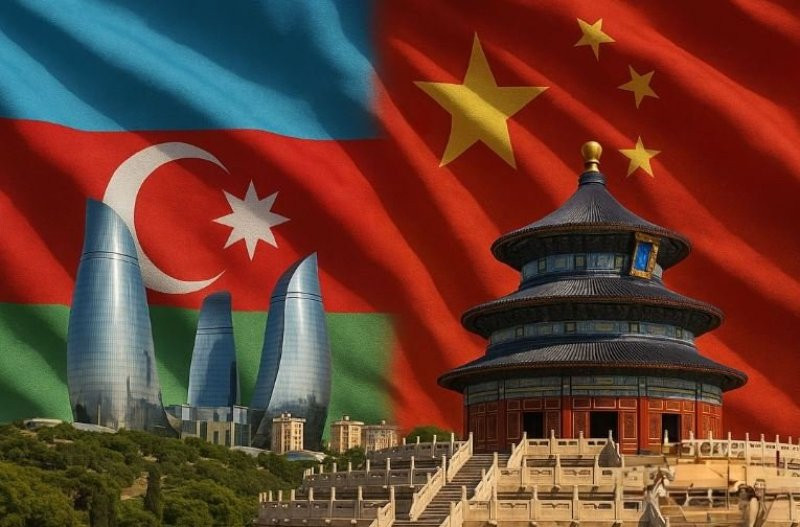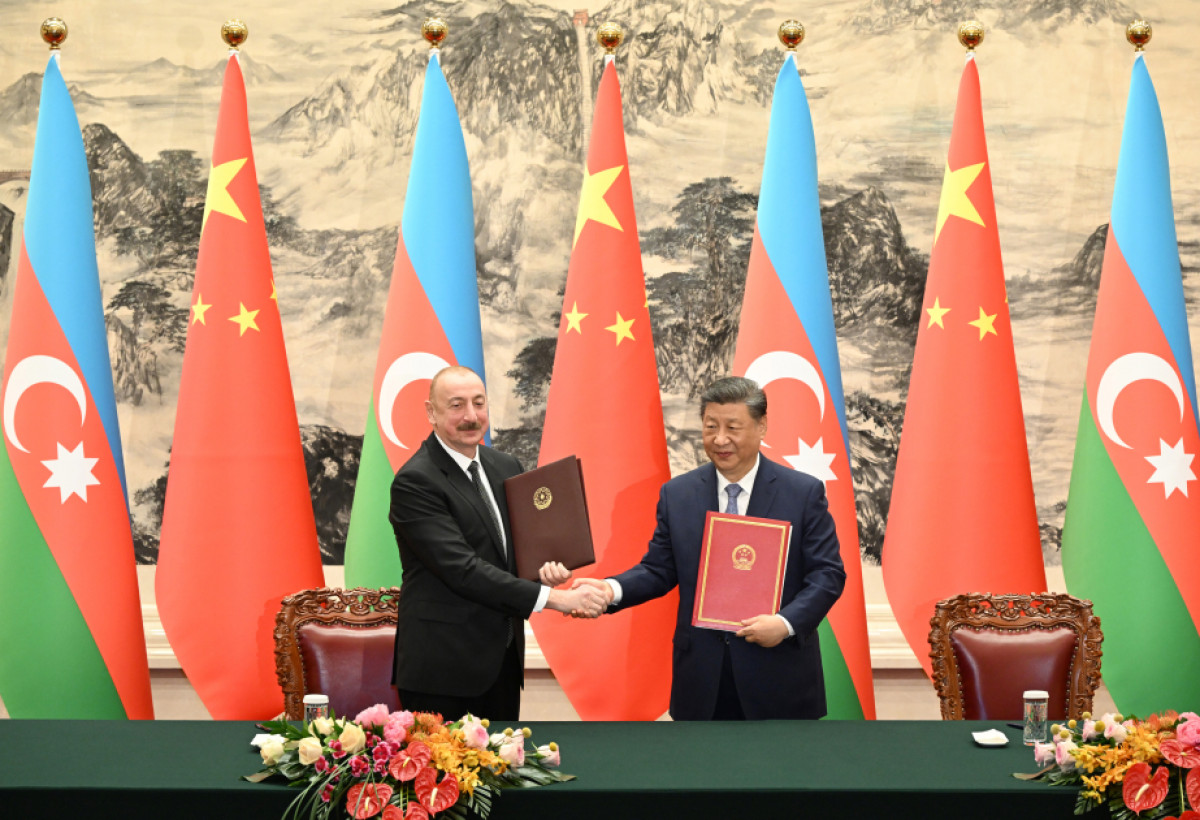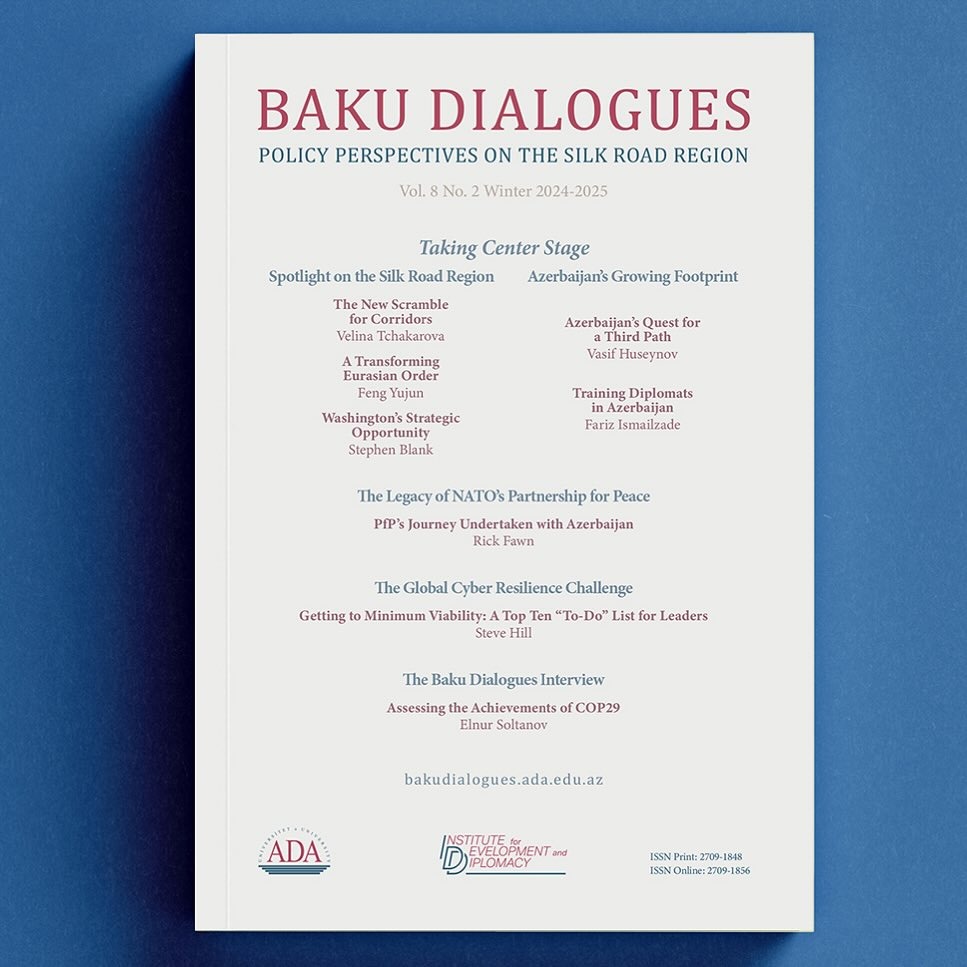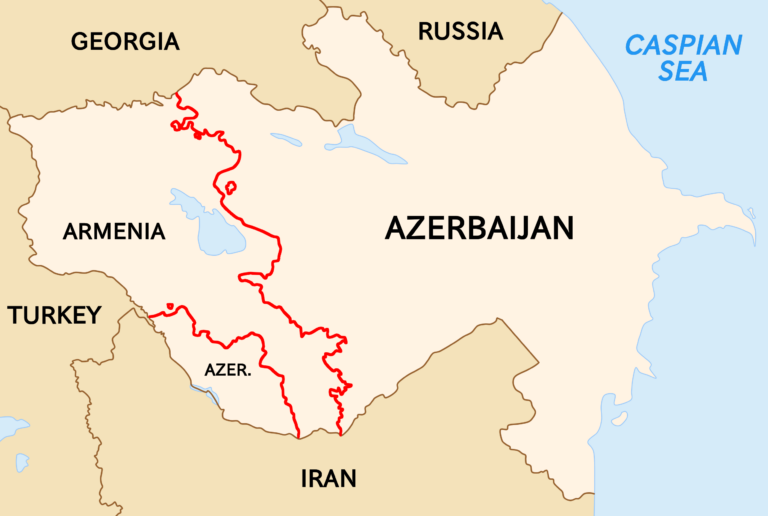The rapid downfall of Bashar Assad’s regime in Syria has fundamentally perturbed the geopolitics of the Middle East, and some of its long-term effects will only start to be felt after a while. However, one of its most stark outcomes has been the utter crumbling of the Russian mission in this country which back in 2015-2016 managed to defeat various opposition forces and keep struggling Assad in power, granting Putin one of his proverbial geopolitical victories to boast both domestically and internationally. This success cemented Iranian presence in Syria and pushed Turkish President Erdogan to scale down his ambitions and seek an agreement with Moscow, which allowed Russian officials and political commentators to claim that Moscow is fully back in the Middle East as a major actor and defender of the “legitimate political regimes” from the Western-inspired armed insurrections. The Syrian campaign, showing the limits of the Western willingness to interfere, may have also contributed to President Putin’s greater self-confidence when taking a decision to start a full-fledged invasion of Ukraine.
Russian leadership was certainly taken by surprise by the lightning-speed offensive of the opposition forces, as the latest statement by President Putin’s spokesman, Vasily Peskov, has emphasized. After the takeover of Aleppo, Russian media and experts still overwhelmingly characterized it as a localized operation and expected a new round of negotiations between them and Assad’s government. Russian air forces even undertook a few bombings of Aleppo, reminiscent of their massive destruction campaign of 2016. Even major international analytical outlets just a week ago didn’t believe that Moscow would acquiesce to the withdrawal of its troops from Syria. However, a few factors- the spectacular absence of any resistance on behalf of the state army, Iranian unwillingness or inability to provide meaningful assistance to Assad, difficulties Russia faces in projecting its military power due to its involvement in the brutal war in Ukraine, as well as logistical challenges that have always haunted Russian presence in the Middle East, have all contributed to Moscow’s unexpected passivity. Though the new interim government has already declared its commitment to the security of the Russian naval base in Tartus and airbase in Khmeimim, their future remains more than vague. Even if Kremlin retains credible arguments to persuade the new Syrian leadership to respect its armed presence, the question remains whom exactly to support and which interests to protect there. So, in the near future Moscow will have to face a few unpleasant truths about the reality it has found itself in.
First of all, Russian claim on a superpower status has suffered a major blow since a superpower by definition must be able to credibly project power far beyond its borders. Then-US President Obama’s calling Russia “a regional power” in the heyday of the Syrian conflict in 2014 allegedly was one of the major triggers behind President Putin’s shift to more expansionist and aggressive policies. Indeed, Moscow’s ability to keep Assad in power and stave off opposition armies was widely used both as leverage on Russia’s rivals and an element of propaganda. However, the latest events revealed that not only did Moscow lack the capacity to contain the Türkiye-backed offensive even though Western powers were not involved, it had to greatly limit its expressions of indignation with “friend Recep”, basically to some demi-hints by Peskov (although most media widely express their frustration with this “backstabbing” from Ankara). This unwilling admission of its weakness will definitely send a signal to other actors about the real extent of Russian power. Since it is hard to admit having been outplayed by Ankara, Kremlin’s mouthpieces have already started to peddle a narrative that in fact it was the US/”Collective West” who stood behind the offensive, although no traces of their active participation are to be found. Moreover, with the loss of Syria Russia will have to revise its policy on many directions, first of all Israel: Moscow’s military presence was a huge factor that forced Tel Aviv to count with Russian interests in the region when conducting its operations and oppose more radical anti-Russian measures proposed by the Western coalition in the context of the invasion of Ukraine. This in turn will also reduce Iran’s interest in Russia, now less capable of influencing Israel, as an ally.
Secondly, the setback in the Middle East may serve as a trigger for Moscow to focus its foreign policy attention on the so-called “immediate neighbourhood”- countries of the former Soviet Union. Indeed, if you are merely a regional power, why not to exploit this status to the fullest? In his latest piece, Russian Council’s Fedor Lukyanov, probably in an attempt at face saving, stipulates that Moscow now will be more free to consolidate its influence in the “areas of prior importance”, which envisages the post-Soviet space. There are already speculations that some kind of informal agreement between Russia and Türkiye may have taken place whereby Ankara would step back from an active position on Ukraine at least. Situation in South Caucasus and Central Asia which have been the major theatres of Russian-Turkish “frenemy”-style relationship, can become even trickier. Russia’s jealousy of Ankara’s growing clout here has been up until now offset only by its preference to tolerate the influence of other regional powers rather than that of the West. However, Türkiye, bolstered by its Syrian triumph, might want to consolidate its positions in the aforementioned regions. While this will accurately match Ankara’s ideological narrative of Turkic integration, such activity also fits Western interests as the best way to ensure enduring NATO influence here.
A more intense rivalry with Russia that may ensue can put the countries of the region, who traditionally prefer a balanced foreign policy in order not to alienate any major actors, in a difficult position. Turkish Parliament Spokesman Fuat Oktay during his visit to Baku on December 7 made a statement that Ankara expects the quickest possible conclusion of a peace treaty between Azerbaijan and Armenia, naming the opening of the “Zangezur corridor” as the necessary precondition. This rhetoric can further frustrate Russia, traditionally keen to forestall any agreement between Baku and Yerevan not orchestrated by herself. As recently as this November, Russian MFA Lavrov warned the long-time enemies against “concluding a hasty peace deal as encouraged by the West, without thoroughly taking into account both countries’ interests, as well as realities on the ground” and called for “excluding external influence”. This is why the combination of emboldened Türkiye and frustrated Russia may not bode well for the peace process.
Thirdly, Moscow’s setback has been not only geopolitical but ideological as well. For a long time, Russia has been standing as the guardian of “legitimate governments” against various revolutions, be it by liberal or religious extremists, increasingly represented as being inspired from the West. Moscow positions herself as a reliable friend and partner which can provide iron-clad guarantees of help for her allies (the catchphrase “we don’t betray our people” has long turned into a political meme). This reliability has been traditionally compared to the shaky character of Western commitments; hasty U.S. withdrawal from Afghanistan in 2021 became an inexhaustible source of material for Russian propaganda and created an image of an ultimate weakness, contributing to Moscow’s decision to start a war against Ukraine. With the unexpected collapse of the Syrian government that forced the Kremlin to pretend, unconvincingly, that nothing really bad has happened, this image of a rising Russian power will be much harder to sustain. Moreover, since 2022 Russian presence in the Middle East has been integrated into the framework of the reinvented anticolonial narrative, whereby Moscow is playing a role of the leader of the so-called “Global South” striving to preserve sovereignty and dignity of non-Western peoples against the predatory West. Russian officials made a number of triumphant statements after the BRICS Summit in Kazan this October which, in their plan, was supposed to showcase the global respect Moscow enjoys. Concealing the growing rift with Türkiye, whose claim for a similar role is probably much more convincing than Russia’s, will be increasingly more difficult to do, and so Moscow’s narrative will get some serious cracks.
Finally, beyond all the immediate political and reputational losses inflicted on Moscow by the march on Damascus, the shambolic collapse of the Syrian regime exposed a fundamental flaw in the Russian foreign policy which devalues even those gains it obtains at great cost: a bet on unpopular and weak regimes that has been too consistent to be just a coincidence, while at the same time inability or unwillingness to shape them in a way that would increase their sustainability and devise better governance strategies. This in turn makes the value of Russian interventions abroad deteriorate progressively, as Moscow seldom gets tangible economic benefits and instead very often has to rely on “sticks without carrots” and acquires a bad reputation among local populations which makes any rooted presence impossible. Right now, even the majority of so-called “patriotic” pro-government bloggers have to admit these systemic mistakes in Russian power projection strategy. The Syrian events have shown that sooner or later, the fog of propaganda dissipates against the unforgiving reality.

